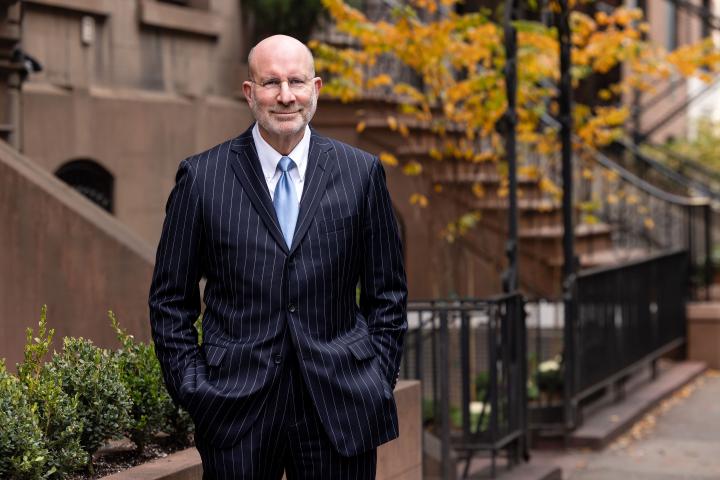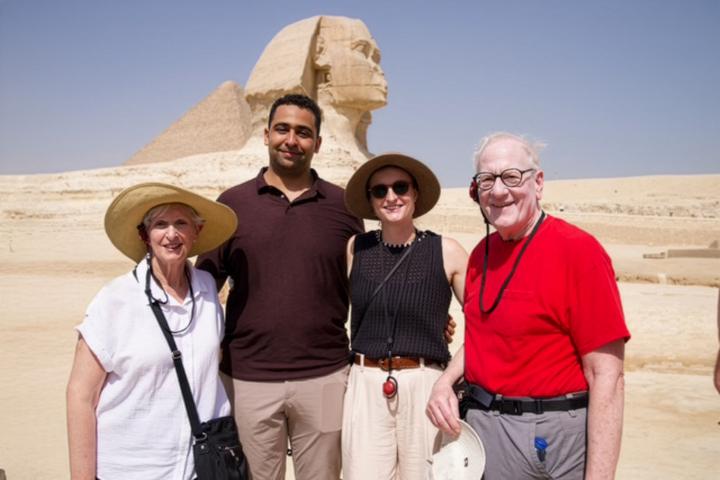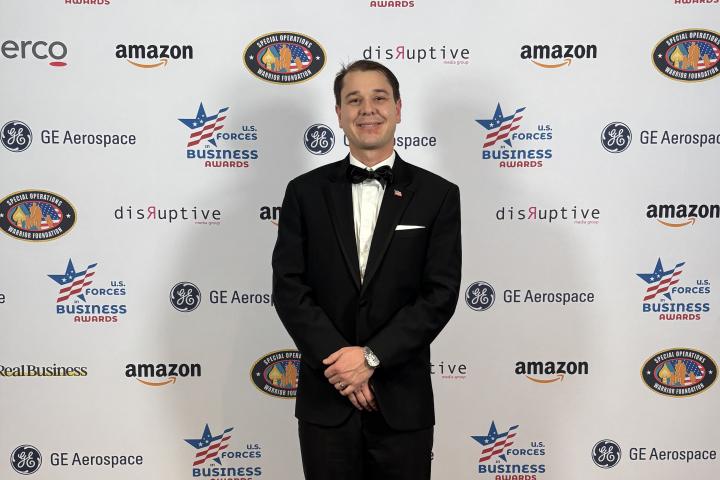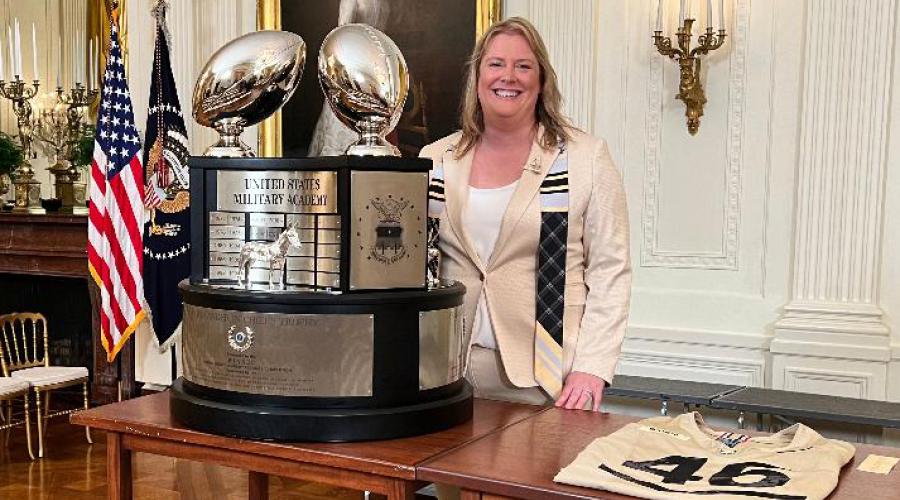
Big Believer in Athletics
When Tricia Turley Brandenburg ’99 began her college search, her parents, long-time schoolteachers Rory and Bob Turley, offered her invaluable guidance.
Her mother gave her a book highlighting the 15 fastest-growing careers in 1994 and told her to “read it and pick one.” Through that book, Brandenburg discovered the field of labor and human relations and initially thought they were the only fields highlighted in the book that “sounded at all interesting.”
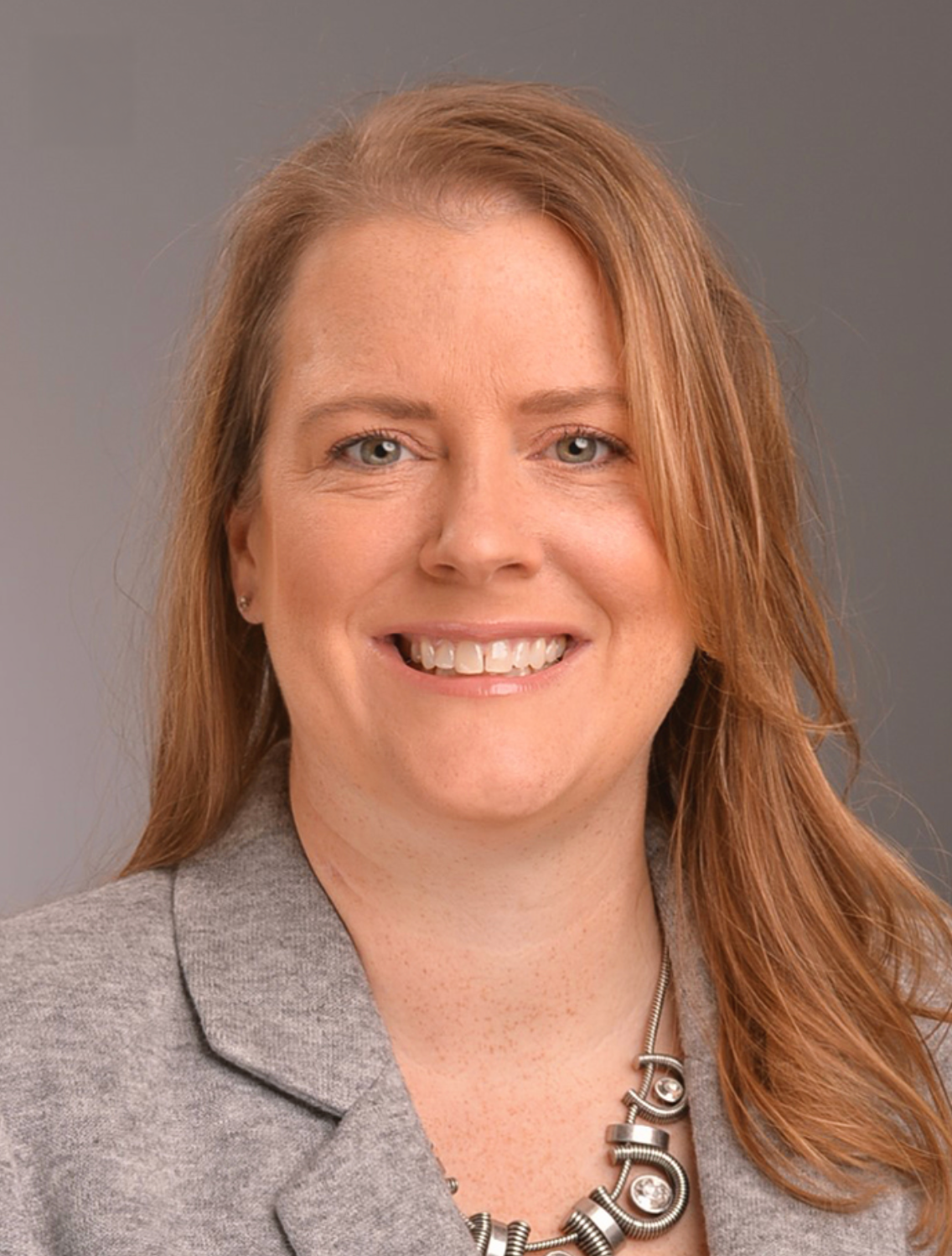
Meanwhile, her “brutally honest” father, who coached football and wrestling for 29 years at Ilion High School before being named the school’s athletic director, informed her that, despite being a three-sport athlete, her “academic talent far outpaced her athletic talent.”
“He told me not to answer calls from those DIII coaches who might be trying to recruit me to schools that cost twice as much as Cornell and have significantly less academic promise,” Brandenburg said. “He said, ‘You’re not going to make a career out of this. So why would you pursue athletics in college?’”
“We have a little bit of a chuckle over that now.”
Brandenburg has, in fact, made a career out of athletics. She’s worked at Army West Point since 2022 and in March 2024, she was named Deputy Athletics Director, Chief Leadership Officer & Senior Woman Administrator.
A member of the athletics director’s senior leadership team and executive staff, Brandenburg leads the sports administrator team and oversees compliance, sports medicine, sports performance and nutrition.
This stop is the latest in a 20-year career that has taken her from a postgraduate internship at the NCAA to stints at Northeastern, UMass, Ohio University and Towson.
But it all began here on East Hill.
Hailing from Ilion, New York, a village near Utica with a population of less than 8,000, Brandenburg wasn’t sure what to expect when she arrived at the ILR School.
“I didn’t know how I would do academically or how hard I would have to work,” Brandenburg said. “But frankly, within 10 days, I was bored out of my mind because, for the first time in years, I didn’t have practice taking up all my free time. I figured out pretty quickly that I could manage Cornell academically and have some time to devote to other things.”
Naturally, her attention turned to the athletics department.
Having kept the score at her father’s wrestling matches since she was 12 years old, Brandenburg’s first call was to the Big Red wrestling coach’s office.
“The assistant at the time, Mike New ’92, answered the phone, and we found out that our fathers had coached against each other for years,” Brandenburg said.
“And the rest is history.”
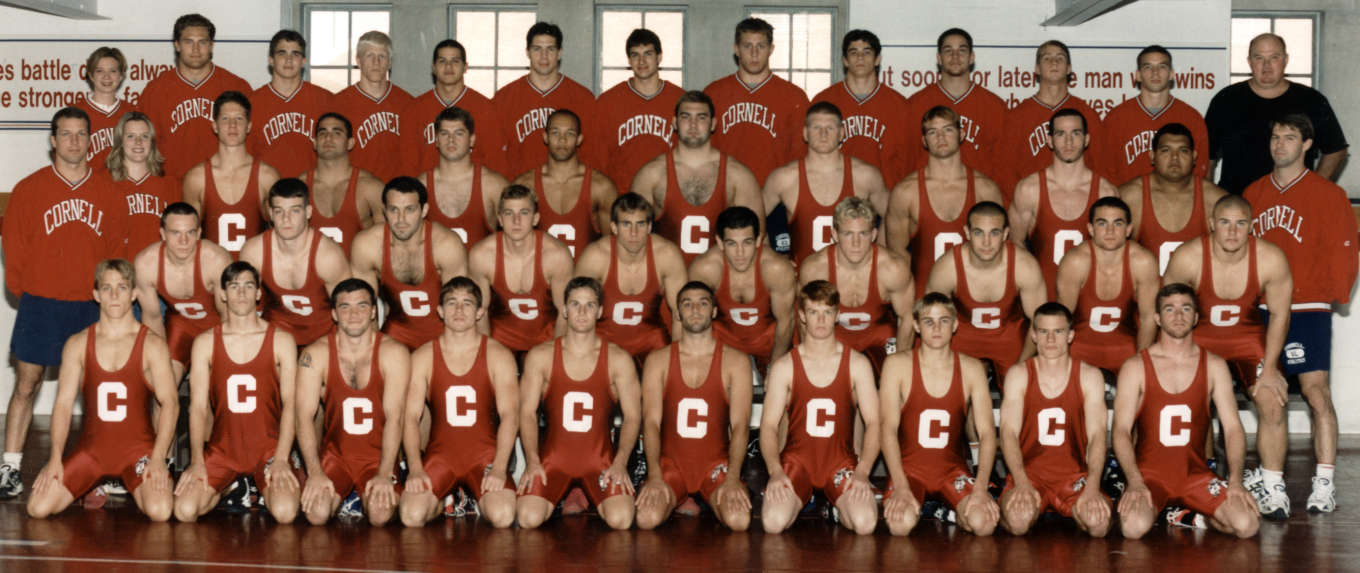
For the next four years, she served as the program’s de facto director of operations, doing everything from organizing travel, recruiting visits and home matches to proofreading anything from the coaches that was being sent on Cornell letterhead. She also traveled with the team and worked several NCAA championships.
“I feel like, in some respects, working for Cornell wrestling and [then head coach] Rob Koll is the one thing that prepared me for working in Division I athletics more than anything else.”
At ILR, Brandenburg took Professor Larry Kahn’s class, “Economics of Collective Bargaining in Sports.” She then spent the summer between her sophomore and junior years interning at the National Football League’s office, working on the collective bargaining agreement and salary cap issues.
Brandenburg also enjoyed tremendous support from her adviser, Jennie Farley.
“She taught a ‘Women at Work’ class, and she was one of the first full-time female faculty members at Cornell,” Brandenburg said. “She was just awesome. She knew nothing about athletics or sports, but I just remember how supportive she was. Athletics is a male-dominated environment. So, learning from her experiences as a female faculty member and taking that class helped me to understand the background and the history and showed me some of the things to expect going forward in my career.
“But beyond that, the one-on-one time I had with her [Jennie Farley] in her office was probably the most impactful and encouraging during my time at ILR.”
Another professor who significantly influenced her academic career was Nick Salvatore, who taught labor history.
“I’m probably a weirdo, but I loved his class,” Brandenburg said. “We called him C-minus Salvatore because he was such a hard grader. We had 13 books assigned in his class as first-semester freshmen, and his lectures had nothing to do with the reading material and it drove some of my classmates insane.
“For me, it illustrated that people process information differently and, in my career when I’ve advised student-athletes, I’ve encouraged them to understand how they prefer to learn and to focus on the subject matters they like.”
Salvatore’s class also prepared Brandenburg for law school – perhaps a little too well.
“I was in my first year at [the University at Buffalo] law school taking a class on research and writing, and most of the students in there were seeing these concepts for the first time, but Professor Salvatore and ILR, in general, had taught me those skills so well that I was bored out of my mind.”
So, once again, Brandenburg turned to the athletic department.
“It was pre-Google, but I basically googled, ‘What do people do with a law degree in college athletics?’ and compliance popped up.”
Brandenburg located UB’s Compliance Office and spent the next year working for the department, which uncovered a major NCAA violation during her time.
“It wasn’t uneventful, that’s for sure,” Brandenburg said. “And I found that I really enjoyed what I was doing working in athletics more than I was enjoying law school.”
After her first year, she took a leave of absence to intern with the NCAA and, to her mother’s chagrin, did not return to law school and never completed her law degree.
“I jokingly refer to myself as a law school dropout, and I tell all the general counsels I’ve worked with over the years that I am not a lawyer, but I know just enough to be dangerous and to ask really annoying questions.”
Although her first full-time job in athletics was in the Northeastern Compliance Office, Brandenburg, like most people who work in athletics, is a jack of all trades. At some point, she has overseen nearly everything that touches a student-athlete: compliance, academics, life skills, sports medicine, strength, equipment, facilities, event management and Title IX.
Due to her ILR background, Brandenburg is also uniquely qualified to handle the changing landscape of collegiate athletics as the NCAA faces ongoing legal challenges related to amateurism and collective bargaining.
“There’s certainly something that’s coming for collegiate athletics that’s going to look something like collective bargaining,” Brandenburg said. “And I think that’s an opportunity for current ILR students as they look at future careers. There are certainly opportunities from a faculty engagement standpoint, because that is a piece that college athletics is wholly unprepared for. The majority of my colleagues have never been in a union environment.
“I’m a big believer in the opportunity college athletics provides. Behind the GI Bill, it’s the second largest access program to a college education that our country’s ever known. And that’s important. So, figuring out what that looks like in this new environment will be important, and I think there are opportunities for the ILR School, faculty and students to be a part of that.”
